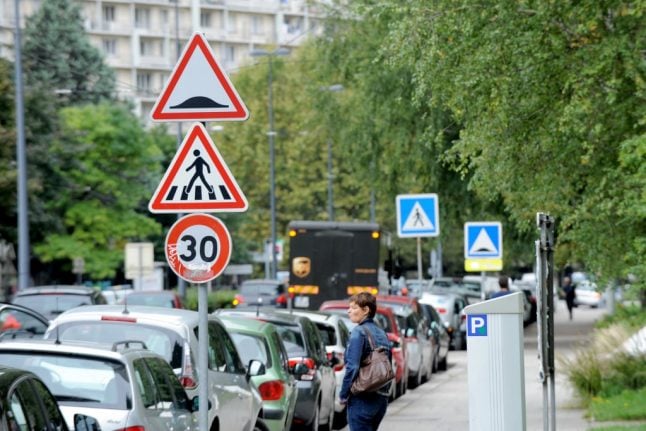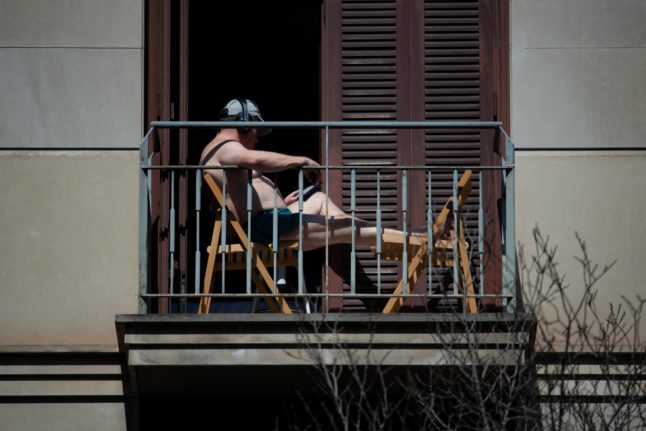Drivers in Spanish cities will have to keep their foot off the gas by the end of 2020, now that the country’s Directorate General of Traffic (DGT) has announced a speed limit drop for the country’s “vías urbanas”.
DGT deputy director Susana Gómez made the announcement at a conference in Zaragoza on Tuesday, stating that a Royal Decree is currently being drafted for the speed limit in Spanish cities to be fixed at 30km/h, suggesting that it could be lowered even further.
“Speed kills and we have to argue that a speed limit of 20km/h may be more suitable for cities,” Gómez told journalists, citing London as an example of a city which has reduced its speed limit on central roads in a bid to reduce road deaths.
The DGT deputy head stated that “something must be done” to address the 69 percent accident rise caused by delivery vehicles in Spanish cities in recent years, with Covid lockdowns and restrictions only serving to increase the proliferation of these commercial activities. But the spike in accidents isn’t just caused by delivery vans.
“Moving around when there are scooters, bicycles, motorcycles and e-scooters – which are now all used as delivery vehicles – is not easy,” Gómez said.
“Addressing the issue of ‘last-mile logistics in Spanish cities is of the utmost interest to the DGT, as is finding a way of putting pedestrians first.”
The new legislation will also include a categorisation of personal mobility vehicles which will define which ones can be used to carry merchandise of up to 350kg.
Spain recorded its lowest number of road deaths in 2019 with a total of 1,755 fatalities, but the number of fatal accidents involving cyclists and motorcyclists was the highest in nine years.
It was also the first time on record that more pedestrians, cyclists and motorcyclists died than car and other big vehicle drivers.
READ MORE:
- Driving in Spain: The 12 things that could land you in trouble with the law
- 'Nothing prepared me for the eccentricities of Spanish driving etiquette'
- The essential road signs you need to understand in Spain



 Please whitelist us to continue reading.
Please whitelist us to continue reading.
Member comments